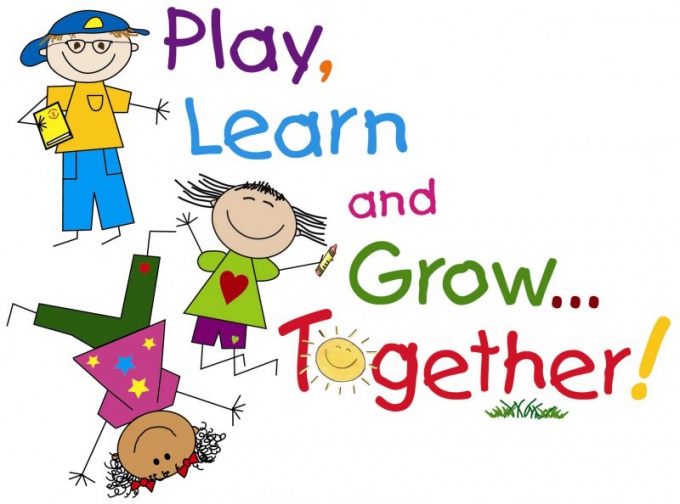When is it better to give the child to a kindergarten
When is it better to give the child to a kindergarten
Years spent by the child in kindergarten -an important stage in the life of a little man. To this stage left only positive emotions, it is important to intelligently choose the time for the first visit to the children's collective. Age, reaching which the child can go to the garden, is determined strictly individually, taking into account the nature and development of the baby. Most preschool institutions accept children who have reached the age of eighteen months.

Babies from one to three years old
The age of the baby from year to year and a half -the worst period for giving a child to a nursery school. Any, even a short-term separation from my mother - a tragedy for a little man. Even if a loving grandmother or a caring nanny remains with him, no one will replace a mother. Only the most extreme circumstances can explain the output in the nursery at this age. Psychologists believe that it is too early to give the child to the garden in 1.5 years. At this age, the connection between mother and baby is still very strong. The child reacts painfully both to the absence of the mother, and to the approach of strangers to him. In 2 years, it is already a little easier for a child to get used to a kindergarten. If he is active, he can eat alone, go to the toilet, you can try to take him to the garden. In this case, it is necessary to closely monitor the condition of the child. If the process of adaptation is difficult, do not insist on visiting the garden. Pressure on the child can adversely affect his ability to continue to establish contact with other people.Children aged 3-4 years
By the age of three, the baby can already safely carrymother's absence for a while. He has the necessary skills of self-service, easily contacts with other children. It is this age that is most optimal for "going out into the light." At the age of three to four years, children begin to play with pleasure in common games, learn to share toys, gradually move on to role-playing games, distributing roles among themselves. This is an invaluable experience of communication. At this age a very small number of children can be called "non-sedentary." With a gradual accustoming to a kindergarten group, the child adapts well in an unfamiliar environment. In a group of children, the child quickly learns those skills that he has not yet learned. But the main "plus" in visiting a kindergarten at that age is, as already noted, learning the skills of communicating with peers and older people. If for some reason a child has not attended kindergarten until four years old, there is nothing to worry about. A four-year-old is not too late to give to the garden. It is at this time that children get full pleasure from communication and play with peers. The child will not lag behind anything from other children without visiting the kindergarten. The important thing is not to close the circle of his communication with mom, dad and relatives. Expand the area of communication can be through various children's clubs, clubs, schools of early development. The important thing is not at what age the child went to the garden. It is important how he reacts to this, how he can build communication with peers and seniors, how he adapts in society.








